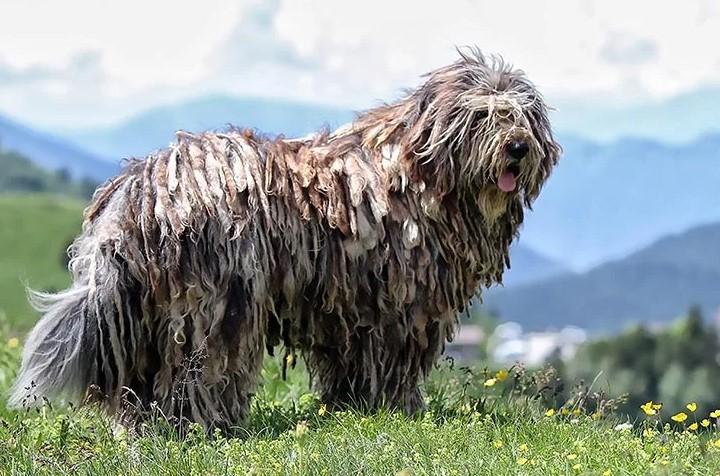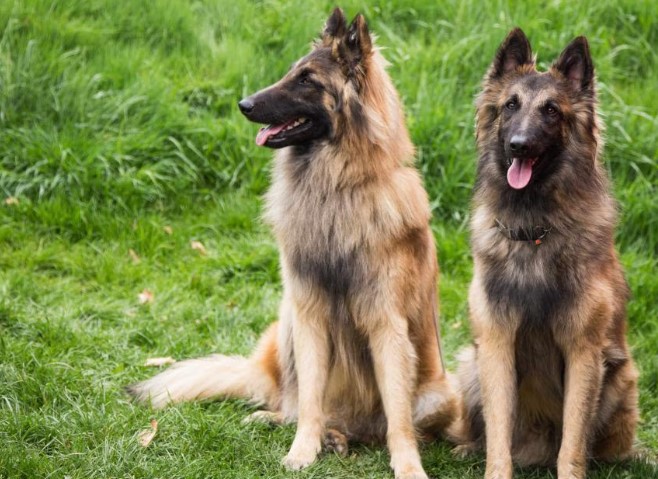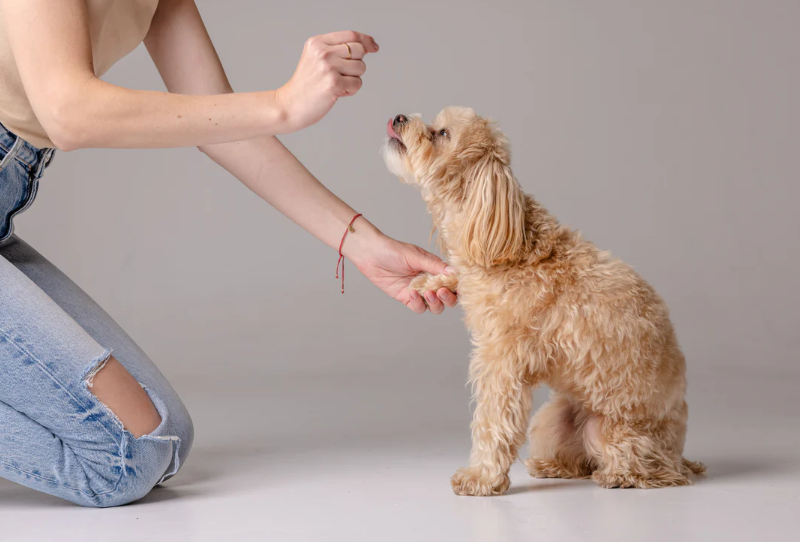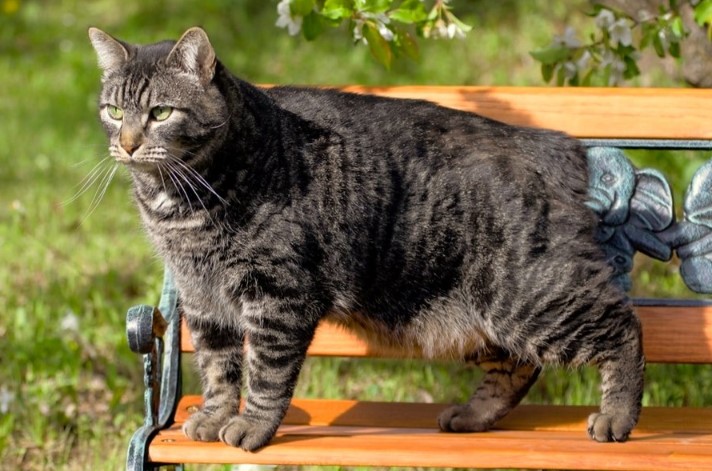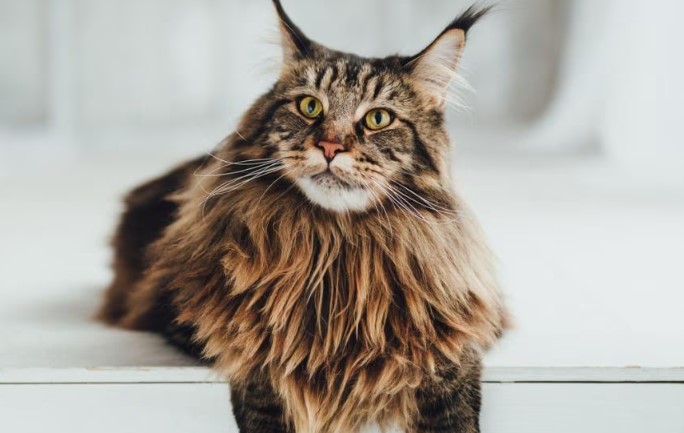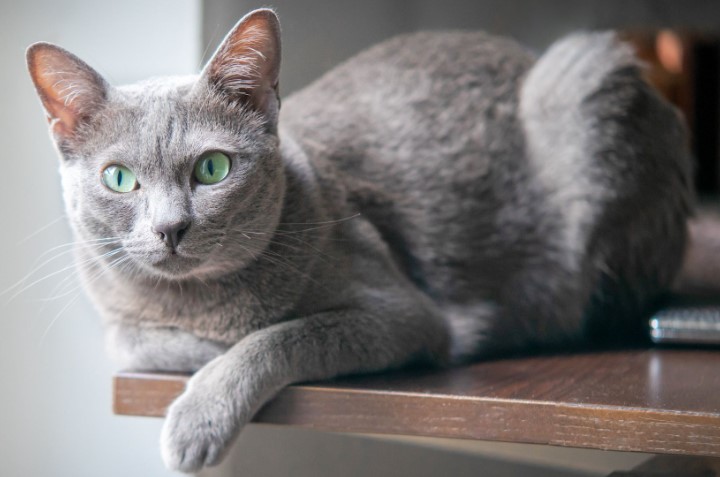
The Korat cat, also known as the Si-Sawat cat, is a breed renowned for its stunning silver-blue coat and affectionate personality. Originating from Thailand, this breed has captivated cat lovers worldwide with its beauty and charm. In this comprehensive guide, we delve into everything you need to know about the Korat cat breed.
1. Introduction to Korat Cats
1.1 Origin and History
The Korat cat has a rich history dating back hundreds of years in its native land of Thailand. Revered as a symbol of good luck and prosperity, Korats were cherished by Thai royalty and often given as gifts to promote good fortune. It wasn’t until the late 19th century that these elegant cats began making their way to Europe and eventually the United States.
1.2 Physical Characteristics
One of the most striking features of the Korat cat is its distinctive silver-blue coat, which shimmers in the light. Their large, luminous green eyes add to their allure, giving them an almost mystical appearance. Korats have a muscular build with a medium-sized body and a heart-shaped face.
2. Personality Traits of Korat Cats
2.1 Affectionate Nature
Korat cats are known for their affectionate and loyal nature. They form strong bonds with their human companions and thrive on attention and affection. These cats are often referred to as “Velcro cats” because they love to be by their owner’s side, whether lounging on the couch or helping with household tasks.
2.2 Intelligence and Playfulness
In addition to their loving demeanor, Korats are highly intelligent and playful cats. They enjoy interactive toys and games that stimulate their minds and keep them entertained. Korats are quick learners and can be taught tricks and commands with ease, making them a joy to train.
3. Caring for Your Korat Cat
3.1 Diet and Nutrition
Providing your Korat cat with a balanced diet is essential for maintaining their health and wellbeing. Choose high-quality cat food that is rich in protein and nutrients, and avoid overfeeding to prevent obesity. Fresh water should always be available for your cat to stay hydrated.
3.2 Grooming Requirements
Despite their short coat, Korat cats do require regular grooming to keep their fur in top condition. Weekly brushing will help remove loose hair and prevent matting. Additionally, trim your cat’s nails as needed and clean their ears to prevent wax buildup.
3.3 Exercise Needs
Korat cats are active and energetic animals that benefit from regular exercise. Provide plenty of toys and opportunities for play to keep your cat mentally and physically stimulated. Interactive play sessions are also a great way to bond with your Korat and strengthen your relationship.
4. Health Considerations
4.1 Common Health Issues
While generally healthy cats, Korats may be prone to certain health issues such as gingivitis, heart disease, and respiratory infections. Regular veterinary check-ups are important for early detection and treatment of any health concerns.
4.2 Veterinary Care
Routine vaccinations, parasite prevention, and dental care are essential components of maintaining your Korat cat’s health. Be sure to follow your veterinarian’s recommendations for vaccinations and preventive care to keep your cat happy and healthy.
5. Korat Cats as Family Pets
5.1 Compatibility with Children and Other Pets
Korat cats are known for their gentle and tolerant nature, making them excellent companions for families with children and other pets. They enjoy the company of others and are often found snuggled up with their human and animal companions alike.
5.2 Living Environment
While Korat cats adapt well to indoor living, they also enjoy exploring the outdoors in a safe and controlled environment. Providing your Korat with access to a secure outdoor enclosure or supervised outdoor time can enrich their lives and fulfill their natural instincts.
6. Finding and Adopting a Korat Cat
6.1 Reputable Breeders
When seeking to add a Korat cat to your family, it’s important to choose a reputable breeder who prioritizes the health and welfare of their cats. Take the time to research breeders carefully and ask plenty of questions before making a decision.
6.2 Adoption Centers and Rescues
Alternatively, consider adopting a Korat cat from a rescue organization or animal shelter. Many cats in need of loving homes are waiting for adoption, and you may find your perfect feline companion while giving a deserving cat a second chance at happiness.
7. Frequently Asked Questions (FAQs) About Korat Cats
7.1 What is the origin of the Korat cat breed? The Korat cat breed originated in Thailand and has a history dating back centuries.
7.2 Are Korat cats suitable for apartment living? Yes, Korat cats adapt well to apartment living as long as they have plenty of opportunities for exercise and mental stimulation.
7.3 How do I groom my Korat cat? Regular brushing and occasional bathing are sufficient to keep your Korat cat’s coat in top condition.
7.4 What health issues are common in Korat cats? Korat cats may be prone to dental problems, heart disease, and respiratory infections.
7.5 Are Korat cats affectionate with their owners? Yes, Korat cats are known for their affectionate nature and form strong bonds with their human companions.
In conclusion, the Korat cat is a captivating breed known for its beauty, intelligence, and loving personality. Whether lounging at home or engaging in playtime antics, Korats bring joy
and companionship to their owners. By understanding their unique characteristics and providing proper care, you can ensure a fulfilling and enriching relationship with your Korat cat.
Remember, each Korat cat is an individual with its own personality and preferences. Take the time to get to know your cat and build a strong bond based on love, trust, and mutual respect. With the right care and attention, your Korat cat will undoubtedly become a cherished member of your family for years to come.
